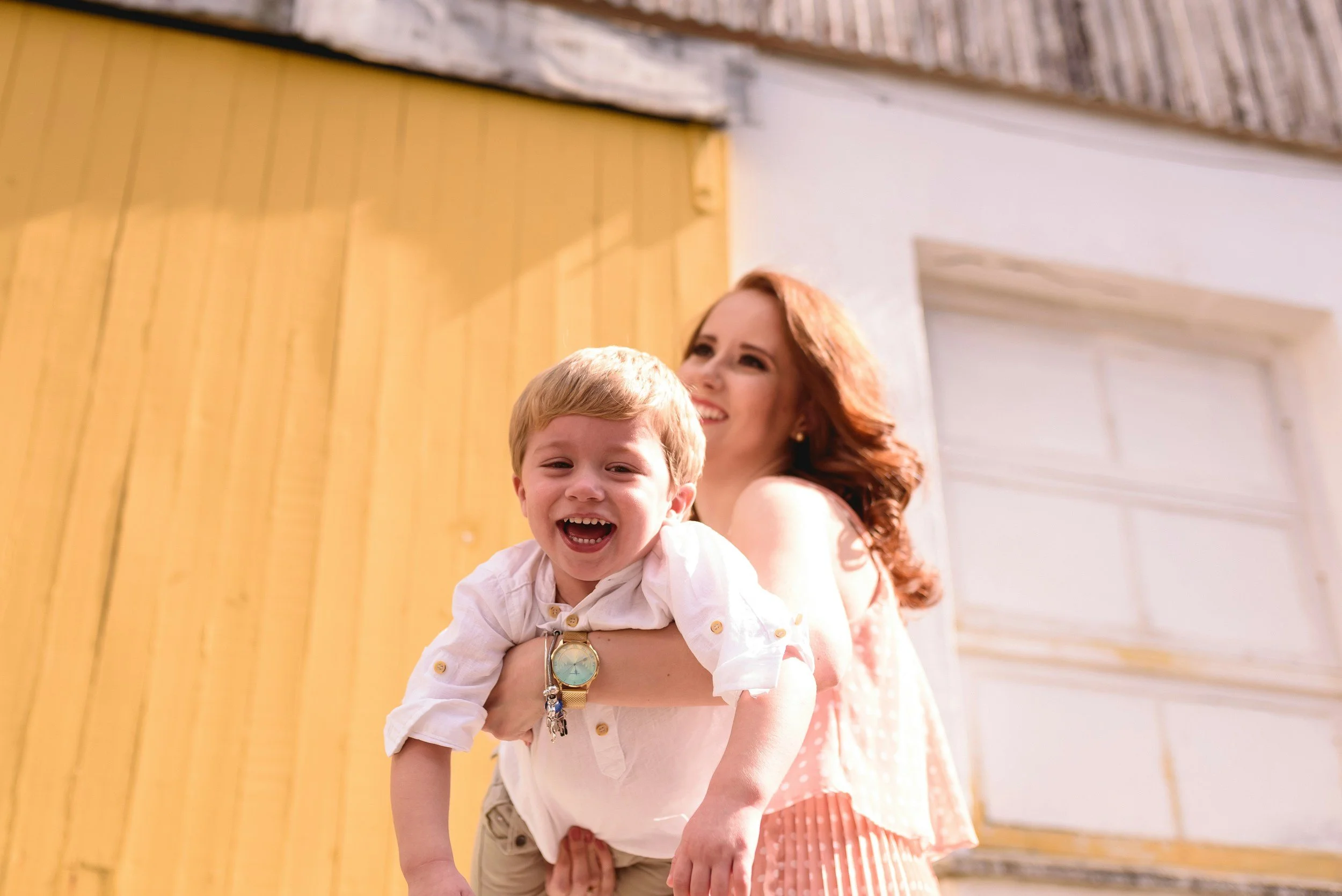It’s the Quality of Time that Matters
The foundation for healthy bonding is quality time spent together with our children no matter their age.
What is parent bonding?
A healthy bond between a parent and a child develops without any expectation from the parent. With healthy bonding a child feels and knows that they are acceptable. Therefore, they are free to be themselves. On the other hand, where there is stress involved, i.e. an unspoken tension, this alters the dynamic of trust.
When we look back in time we will wonder why we ever rushed to get from one place to another instead of cherishing the present moment.
And whenever we don’t feel acceptable for the person we are, we feel like something is missing and we are more likely to try and fill the void with unhealthy habits.
How will you know if there is trust?
If you look at yourself with your children, you will feel where the trust was formed and continues to do so. For myself and my son, the trust came through intently listening to him when he shared what was on his mind, no matter that it was late in the night during those teenage years. We created rituals of regularity so that my son knew that he could depend on me, but importantly, on himself, as he approached and experienced those teenage years and beyond.
Communication is Key
With my son having little contact with his father, I knew the onus was on me to form a strong bond of trust between him and me. This would include having hard but honest conversations. If things went pear-shaped we communicated our thoughts and feelings in a way that inferred no shame. Were there moments of angst? Of course, there were. However, when a relationship is built on trust and peace and a child feels emotionally satisfied, this will result in a healthy and loving bond. The angst and friction usually will never last.
The importance of knowing how to resolve conflict in a way that doesn’t produce more harm is vital here as is giving you and your child the space that they need. Rather than give my son time out when he was young I would explain to him that I could feel myself getting angry and that I needed to take time out to calm myself down. My emotional response was my issue and not his.
It’s the Quality of Time that Matters:
If we don't value the time we spend with our children, it won’t mean anything to the child because, on a deep level, they will feel the lack of our presence.
Note: Quality time doesn’t necessarily equate to length of time. Quality interaction could be two, three, or five minutes spent together. It doesn’t need to feel like a burden on either of you nor would you want it to.
“Bonding develops through trust and it is trust that forms the basis of a child’s future emotional health.” ”
What is Quality Time:
Quality time entails being fully present with your child so they won’t feel rushed. When you go for a walk with a two-year-old you will notice they want to stop often to explore – this exploration is where the magic of connection can take place. Jumping in puddles, crunching leaves between your feet, feeling the sand between their little toes and reading together are all part of learning and development. Additionally, when children use all the senses such as sight, sound, touch and taste, it heightens the memory, allowing the valued connection to live on for both of you.
I Am Me Unique and Free was crafted to help young readers explore their identity, reflect on their emotions, and for children to celebrate their unique qualities and, guide them toward a healthy sense of self.
I Am Me Unique and Free Book Review:
"How could sharing this book with children not inspire them and the grown-ups to think about what is familiar, in a deeper way? Our goal as parents, teachers, and grown-ups is to inspire curiosity and develop a positive self-concept. This book does that! Also, the illustrations are calming. I Am Me Unique and Free will always be relevant.”- Bonnie Lieberman, retired teacher.
Again, quality time can be two, three, five minutes, or longer (the perfect time to read a book together) and comes from being fully present with your child. The connection deepens when they don’t feel like a burden.
Your child wants you to enjoy being with you and for you to enjoy being fully present with them. This fills their cup and yours. This healthy bond then holds the potential to carry our children when we are absent emotionally or physically and what a beautiful gift that is. We can never get the time passed back, but we can make the present matter.
Angela M. Smith is a Zealand author who writes books on self-esteem for adults and children. Her children’s books are used in classrooms worldwide and help children learn about healthy boundaries, resiliency, and valuing themselves. Check out her books on Amazon, including her award-winning book, Stepping into Love , a motivational book for adults.
